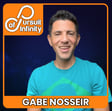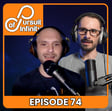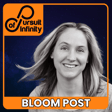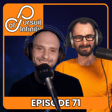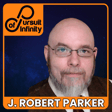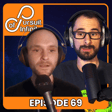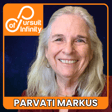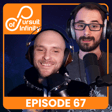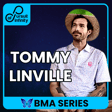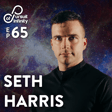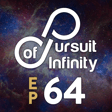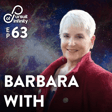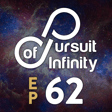
57. Love, Learning, and Psilocybin with Dr. Jahan Khamsehzadeh
This week I’m joined by Dr. Jahan Khamsehzadeh. Jahan is an accomplished academic and psychonaut, completing his dissertation on psychedelics in the Philosophy, Cosmology, and Consciousness program at the California Institute of Integral Studies. He earned his Masters in Consciousness and Transformative Studies from John F. Kennedy University, and his Bachelors from the University of Arizona with a major in Philosophy and minors in Physics, Psychology, and Mathematics. Aside from academic work, he has undergone several major trainings in psychedelics, psychotherapy and other related healing modalities. He wrote a fantastic book called The Psilocybin Connection: Psychedelics, the Transformation of Consciousness, and Evolution of the Planet—An Integral Approach which discusses the many facets of life that have been formed and altered through our connection to psilocybin mushrooms on an individual, collective, and cosmic level.
Jahan's Website: https://psychedelicevolution.org/
Instagram: @jahan_khamsehzadeh
Buy The Psilocybin Connection Book: https://www.amazon.com/Psilocybin-Connection-Transformation-Consciousness-Planet/dp/B09XGF94NV/ref=sr_1_1?crid=UJZVZ91B3ZF0&keywords=psilocybin+connection&qid=1691342163&sprefix=psilocybin+connection%2Caps%2C648&sr=8-1
_________________
Music By Nathan Willis RIP
Follow Pursuit Of Infinity:
www.PursuitOfInfinity.com
Discord: https://discord.io/pursuitofinfinity
YouTube: https://www.youtube.com/channel/UCPpwtLPMH5bjBTPMHSlYnwQ
Spotify: https://open.spotify.com/show/58he621hhQ7RkajcmFNffb
Apple Podcasts: https://podcasts.apple.com/ca/podcast/pursuit-of-infinity/id1605998093
Instagram: https://www.instagram.com/pursuitofinfinitypod/
Patreon: Patreon.com/PursuitOfInfinity



